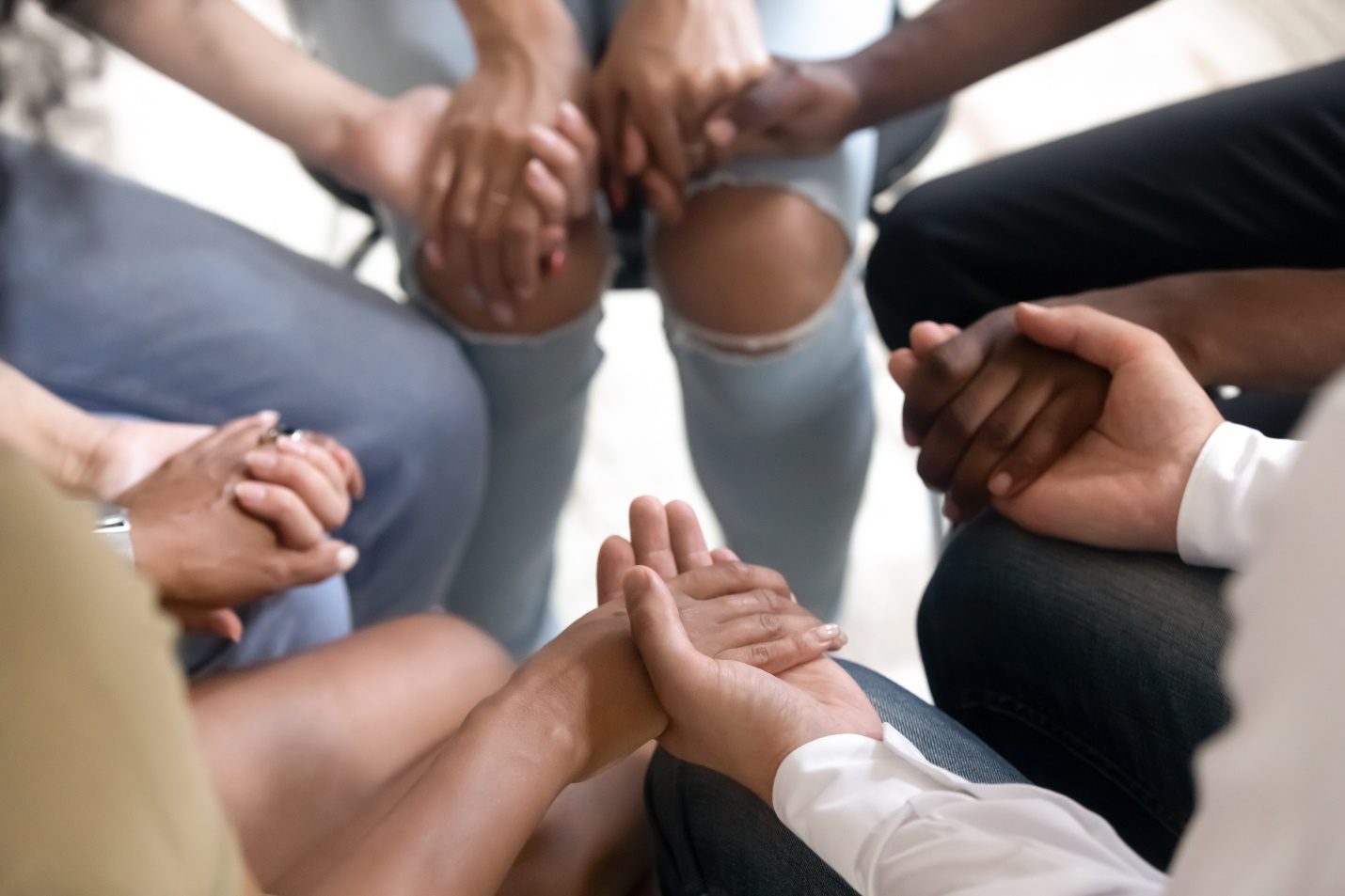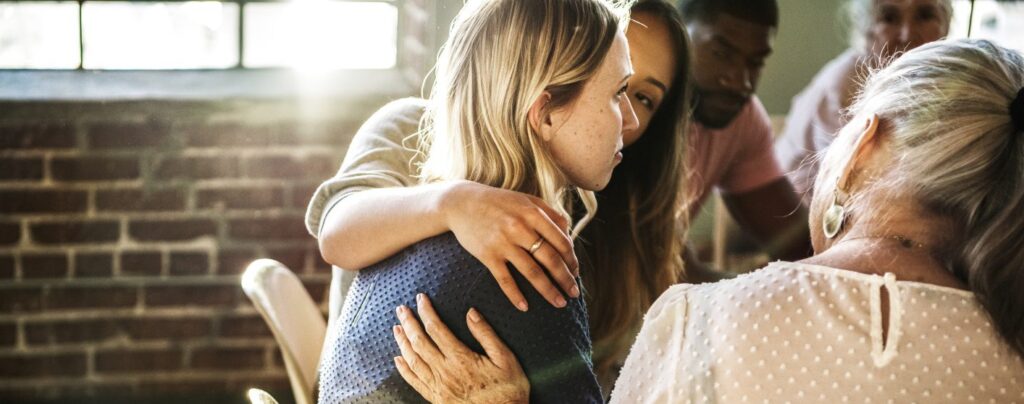Do you have a friend or family member who is suffering from addiction? If so, you may be wondering how you can help them get the help they need so that they can get on a healthier, happier path. While it can feel like an uphill battle to help someone who is under the influence of addiction, it’s not impossible. With your care and support, along with a drug intervention in San Diego, your loved one has a much better chance of overcoming their addiction. Keep reading to learn some of the best ways that you can help.
Expect It to Be Hard
Helping someone who has an addiction is easier said than done. Many oppose getting the help they need simply because they don’t think they have a problem. Admitting is the first step in healing, but it can also be the hardest step. Others won’t accept help because:
- The topic is embarrassing and awkward to talk about.
- They don’t want to change.
- They fear the consequences.
- They use addiction as a way to avoid other problems.
Though it can and will be a battle, the fight to help someone you love is worth it. Overcoming addiction requires determination and willpower from everyone involved, including you!
Build Trust
Regaining and rebuilding trust is a critical part of the healing process. While your loved one may have already betrayed your trust, regaining it is a two-way process. When approaching your friend or family member, don’t criticize or lecture them. Yelling, name-calling, and nagging won’t help to build trust. In fact, these may make matter worse. To build trust, you have to be open and willing to listen. Understand that your loved one has different perspectives. Be willing to listen to their side of things. As much as you may want to save them from themselves, know that most people only change when they start to experience the true consequences of their actions.
Communicate Openly
Just like trust, communication is also a two-way street. While you may be ready to tell your loved one exactly how you feel and urge them to get help and to change, this all has to be done the right way. A person’s choice to use is their choice alone. If you’re hoping to influence this choice, you have to be willing to communicate honestly without being harsh or threatening. Chances are if you want them to change, you have to change as well. By showing that you’re willing to try to better yourself, they’re likely more willing to change too.
Try Family Therapy
What most people don’t realize is that addiction impacts the whole family. This is why family counseling is often part of one’s journey to recovery and sobriety. Attending family counseling in San Diego with or without your loved one will be beneficial. There are many things that family therapy can achieve, including:
- Bringing clarity
- Learning how to foster and repair relationships
- Identifying problems that exist between family members
- Learning ways to help without enabling
Even if your loved one refuses a family therapy intervention, open the door with a warm invitation. At the least, the rest of the family unit can learn their role in how to best help.
Be Supportive of Addiction Recovery Treatment Programs
The idea of not being able to see your friend or family member for weeks, if not months, is enough to make anyone sad. However, for anyone who is experiencing addiction, a recovery treatment program is best. While you will miss your loved ones, knowing that they’re safe and getting help should bring a little bit of light and peace to the situation. Be supportive of your loved one and their decision to seek help. Your support is exactly what’s needed to keep them on the right path.
Seeking Help for Someone You Love? Contact Apex Recovery
 There’s no shortage of addiction treatment centers in California, but if you’re looking for one that offers proven results, look no further than Apex Recovery. At Apex Recovery, we use unique and evidence-based approaches that have proven to have long-term recovery success. From Apex family counseling to pet therapy, we offer customized programs to ensure your loved one gets the help they need to overcome, heal, and recover. Looking for more information? Learn more about the admissions process or the various programs and therapies that we offer on our website or by calling our team at (877) 798-4404.
There’s no shortage of addiction treatment centers in California, but if you’re looking for one that offers proven results, look no further than Apex Recovery. At Apex Recovery, we use unique and evidence-based approaches that have proven to have long-term recovery success. From Apex family counseling to pet therapy, we offer customized programs to ensure your loved one gets the help they need to overcome, heal, and recover. Looking for more information? Learn more about the admissions process or the various programs and therapies that we offer on our website or by calling our team at (877) 798-4404.

